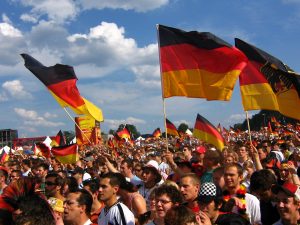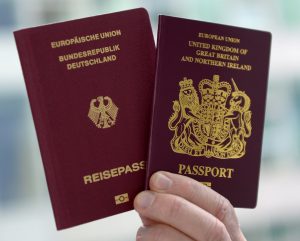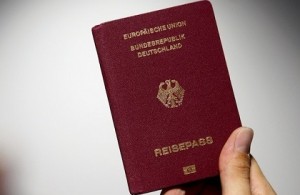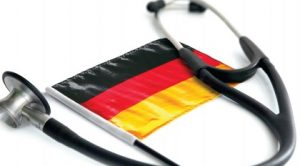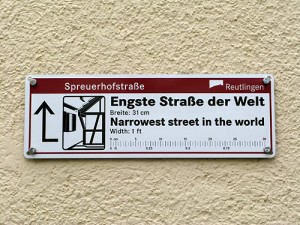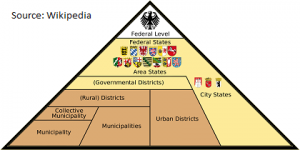Obtaining a work permit for Germany is not always easy. Your success in the application process depends on various factors: your nationality, your occupation, even your annual salary. Here are the key aspects that you have to keep in mind. General Considerations Over the past few years, the German government has tried to encourage the migration … [Read more...]
How to Move to Germany
If you do not want to completely say goodbye to your own country in order to live in Germany, permanent residency to guarantee you can stay long-term might be a better bet. Taking up residency in Germany can be a tricky topic that involves a fair bit of paperwork. This article will list the most common types of German residence permits and explain … [Read more...]
German Dual Citizenship
While most nationalities must denounce their nationality in order to get German citizenship, German law permits certain people to hold two citizenships in certain circumstances. German dual citizenship can be granted in the following situations: Children with one German and one foreign parent, or a parent who has two citizenships, … [Read more...]
How to Get German Citizenship
Getting German Citizenship is one of the top questions we get so we have decided to summarize the information for those who are willing to get started. The German Foreign Office quite ominously warns on its website that “German citizenship law is relatively complicated” and that they can only answer “the issues which currently dominate the … [Read more...]
Health Care Providers in Germany
Germany's principal health care providers are its physicians, dentists, and three types of hospitals (public, private nonprofit, and private for-profit). The health industry also includes large pharmaceutical companies and the manufacturers of various kinds of medical supplies. Public health departments, which are operated by the Länder, are not an … [Read more...]
List of Universities in Germany – Education in Germany
Here you will find a list of web addresses for some well known German universities. Using the list of the universities below as a starting point, you can stand out from other students and you'll join a fine and amazing elite who attended some of the top German universities. You should know: Education is free in Germany (unless you go to a … [Read more...]
Spreuerhofstrasse – World’s Narrowest Street
New York has Broadway. Paris, the Champs- Elysées. And Reutlingen? The provincial town in south-western Germany has Spreuerhofstrasse. Spreuerhofstrasse in the south-western town of Reutlingen is just 3.80 meters long and listed as the narrowest alley in the world in the Guinness Book of World Records, with a width of just 31 centimetres (12.2 … [Read more...]
The German Constitution
The framers of the Federal Republic of Germany's 1949 constitution sought to create safeguards against the emergence of either an overly fragmented, multiparty democracy, similar to the Weimar Republic (1918-33), or authoritarian institutions characteristic of the Nazi dictatorship of the Third Reich (1933-45). Thus, negative historical experience … [Read more...]
Federalism in Germany
Germany has a strong tradition of regional government dating back to the founding of the German Empire in 1871. Since unification in 1990, the Federal Republic has consisted of sixteen Laender: the ten Laender of the former West Germany, the five new Laender of the former East Germany, and Berlin. (However, Berlin and the eastern Land of … [Read more...]
Development of the Health Care System in Germany
Nearly everyone residing in Germany is guaranteed access to high-quality comprehensive health care. Statutory health insurance (Gesetzliche Krankenversicherung--GKV) has provided an organizational framework for the delivery of public health care and has shaped the roles of payers, insurance or sickness funds, and providers, physicians, and … [Read more...]
- « Previous Page
- 1
- …
- 4
- 5
- 6
- 7
- 8
- …
- 14
- Next Page »

